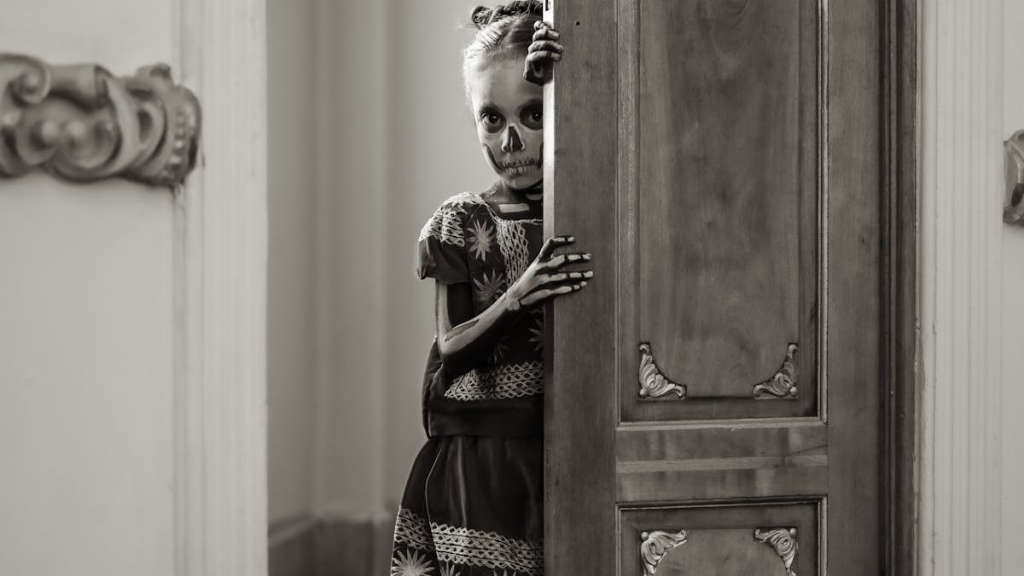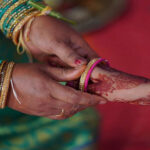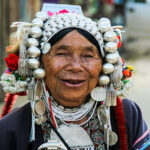Traditional celebrations form a vital part of our cultural heritage, rich with history, emotion, and meaning. Throughout the world, these events bring communities together, allowing us to embrace our roots and share cherished memories. As we delve into the vibrant world of geleneksel kutlamalar, we will uncover the myriad ways in which people honor their customs and traditions, creating lasting connections across generations.
Main Points
- The importance of cultural heritage in traditional celebrations.
- How traditional celebrations foster community bonds.
- The unique practices and rituals associated with various festivities.
- The role of food, music, and dance in enhancing the celebratory experience.
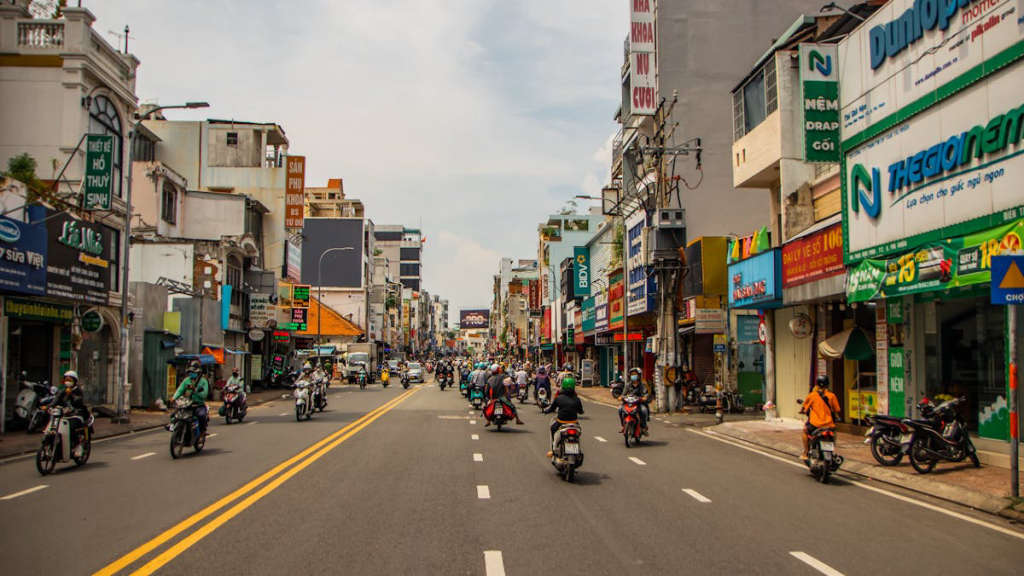
Unveiling Cultural Significance: The Role of Geleneksel Kutlamalar in Shaping Community Identity
The essence of any community often lies in its traditions. Among these, geleneksel kutlamalar emerge as vital cornerstones. They encapsulate the shared history and values of a group, fostering a sense of belonging. One might ponder, what makes these celebrations so impactful? Here are a few insights:
- Unity: These gatherings create a platform for individuals to connect, reinforcing their ties.
- Education: Through rituals and storytelling, younger generations learn the cultural narratives that define their identity.
- Preservation: Maintaining these traditions helps in safeguarding the collective memory against the fast-paced modern world.
Moreover, these events serve as a reminder of shared experiences. However, it’s vital to recognize that not all communities celebrate the same way. Each practice reflects unique historical contexts and social dynamics. Yet, the underlying purpose remains: to weave together the fabric of community life.
In conclusion, as we embrace the myriad of geleneksel kutlamalar, we must remember that they are more than mere festivities. They are living narratives, continuously evolving while holding the power to shape our identities.
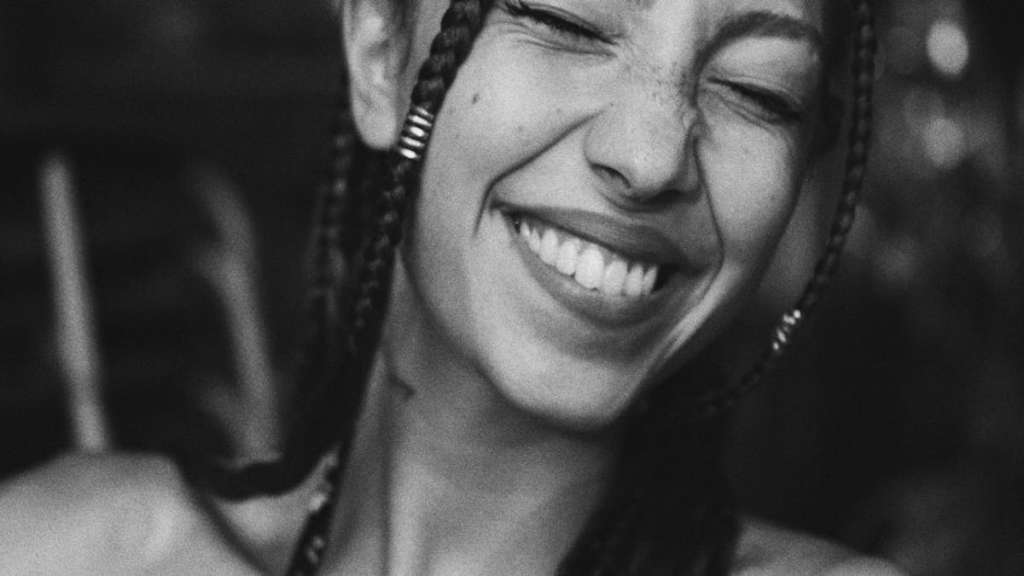
A Colorful Mosaic: Exploring Diverse Rituals and Traditions in Geleneksel Kutlamalar Across Regions
The world is a vibrant tapestry woven with countless threads of tradition. Each thread represents unique rituals that offer a glimpse into the rich cultural fabric of societies. From the spirited dances of the Caribbean to the solemn ceremonies of the Far East, these practices resonate with a profound sense of belonging and identity.
Interestingly, while these celebrations vary immensely, they share common themes of community, remembrance, and joy. For example, festivals like Diwali shine with lights that symbolize victory over darkness. Similarly, the Mexican Día de los Muertos honors ancestors, blending sorrow with festivity. Such traditions remind us of our connections, even in the most diverse settings.
Rituals Across Regions
| Region | Tradition | Significance |
|---|---|---|
| Asia | Tet Festival | New beginnings |
| Europe | Oktoberfest | Celebration of harvest |
Through these rituals, we witness how history, beliefs, and geography shape human experiences. They remind us of our shared humanity and the enduring spirit that unites us despite our differences. It’s a beautiful world, and its traditions are a testament to that beauty.
Conclusion
In the tapestry of human experience, traditional celebrations hold a special place. They bring us together, reminding us of our roots and shared history. These gatherings foster connections and create lasting memories, serving as a bridge between generations. While modern life can often feel disconnected, traditional celebrations remind us of the richness of our cultural heritage. Therefore, embracing these moments is not just about honoring the past; it is about weaving a sense of community and belonging in our lives. Celebrating together allows us to cherish what makes us unique, and in doing so, we find common ground. Ultimately, traditional celebrations enrich our lives, grounding us in a shared narrative that is both timeless and ever-evolving.
Frequently Asked Questions
What are traditional celebrations?
Traditional celebrations are culturally significant events that are typically observed by a particular community or nation, often rooted in historical, religious, or seasonal practices.
How do traditional celebrations vary across cultures?
Traditional celebrations vary widely across cultures in terms of their customs, rituals, foods, and significance, reflecting the unique heritage and values of each community.
Why are traditional celebrations important?
Traditional celebrations are important because they help to preserve cultural heritage, foster community bonds, and provide a sense of identity and continuity for individuals and groups.
